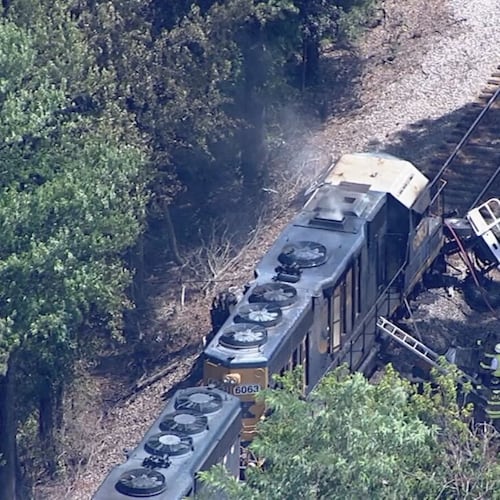The state law that grants police officers special grand jury privileges in use-of-force cases should be repealed, a nonpartisan public interest law center is recommending.
The Georgia Appleseed Center for Law and Justice, in a report to be released Thursday, also called for independent investigations and prosecutions involving officers who take a life or cause serious harm. The center says it is convinced that leaving such incidents to be handled solely by local officials risks undermining public confidence in the justice system.
Georgia Appleseed’s recommendation to repeal law enforcement’s special privileges on grand jury procedures — currently, officers may attend the entire grand jury proceeding in use-of-force cases and then may make a closing statement that prosecutors are not permitted to challenge — is unlikely to be adopted in full. But law enforcement officials working with lawmakers predict legislation will be filed this session that would limit those privileges.
The legislative effort follows an Atlanta Journal-Constitution/Channel 2 Action News investigation that examined police shooting cases in Georgia and found flaws in the current system. The investigation found that nearly half of the 184 people shot and killed by police since 2010 were unarmed or shot in the back. And none of the 184 officers was charged in those shootings.
The AJC and Channel 2 findings emerged from the most extensive review of police shootings ever undertaken in Georgia, and cast doubt on claims by police that deadly force was always justified.
Rob Rhodes, primary author of the report issued by Appleseed, said, “We hope our report can provide a catalyst for change and for more openness.”
Georgia is fortunate not to have experienced the level of unrest in response to police shootings as in Ferguson, Mo., Baltimore and Chicago, Rhodes said. He said he hopes that Appleseed’s recommendations would “reduce the likelihood something like that will occur here.”
Georgia Appleseed, whose prior work influenced juvenile justice reforms, relied on the work of 140 volunteer lawyers, paralegals and others, who interviewed law enforcement officials, prosecutors, educators, attorneys, ministers and community leaders across the state.
The 72-page report, “Seeking the Beloved Community: Fostering Crucial Conversations about Race, Law Enforcement and the Law,” makes a number of recommendations, including:
- Each Georgia law enforcement agency must have a clearly articulated policy on the use of deadly force.
- The Georgia Peace Officers Standards and Training Council should revise its basic training on the use of force, conflict management and de-escalation techniques.
- The state should publish monthly reports detailing all incidents in which a law enforcement officer takes someone's life or causes serious harm.
- Each law enforcement agency should be required to publish, on an annual basis, the personnel demographics (age, race/ethnicity and gender) for their department and their senior management.
- Legislators should repeal the special grand jury privileges afforded officers accused of excessive use of force and require special prosecutors from outside the county where the incident occurred to decide on charges.
Chuck Spahos, executive director of the Prosecuting Attorneys' Council of Georgia, said he expects legislation to be introduced soon that would eliminate the privilege allowing an accused officer to sit through the entire grand jury proceeding. But officers would still be allowed to give a sworn statement to the grand jury.
“We ask our law enforcement to do something no one else is required to do — to enforce our laws, to investigate crimes and deal with crisis situations all the time,” Spahos said. “We believe it could be beneficial to allow those officers to explain why they did what they did.”
Frank Rotondo, executive director of the Georgia Association of Chiefs of Police, agreed.
“We want the public to understand that we want this process to be as transparent as possible and to foster public confidence,” he said. “I think we can craft legislation that addresses this and which will be very acceptable.”
Spahos said that, as a practical matter, the GBI — not local law enforcement agencies — already investigates most police shooting cases. But he said he opposes appointing a special prosecutor in such cases.
“We believe our district attorneys are elected by their local constituencies to make those kinds of decisions,” Spahos said.
About the Author
The Latest
Featured


